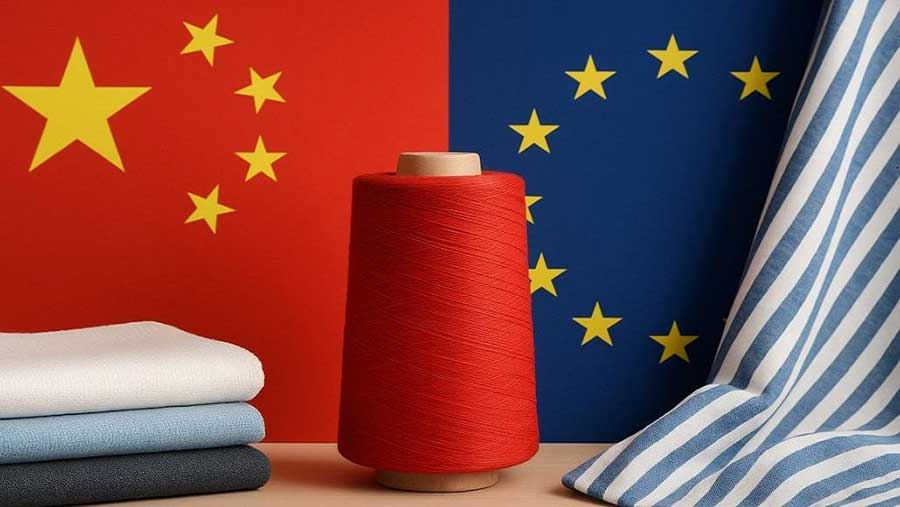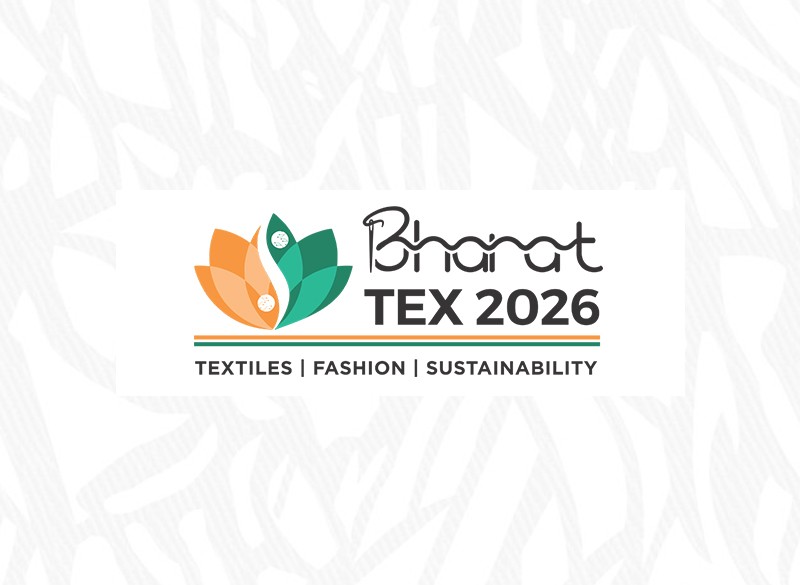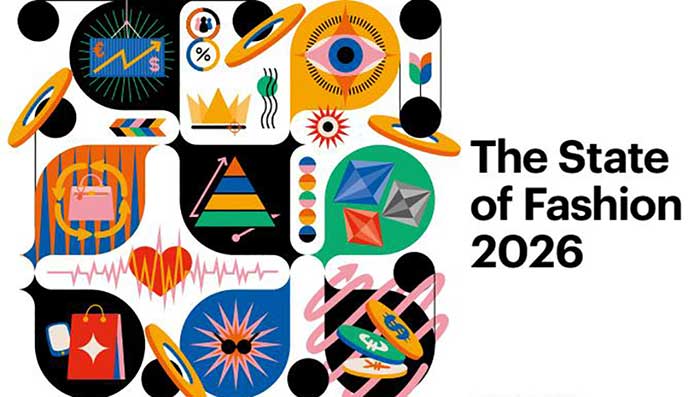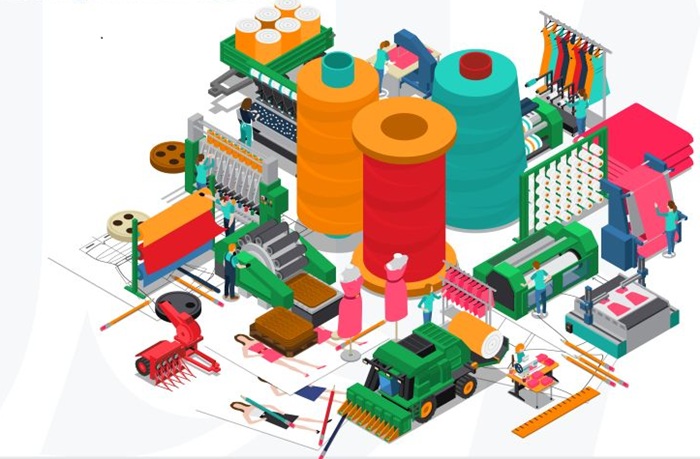"A recent study by Boston Consulting Group reveals 50 per cent of Millennials believe brands ‘say something about who I am, my values, and where I fit in,’ while a recent Nielsen study found that three out of four Millennials - a coveted audience for any apparel company - are willing to pay extra for sustainable product offerings. Fashion brands that ignore the clear preference of Millennials for sustainable products and the business opportunity this presents do so at their peril."

Fashion brand leaders across the world are incorporating sustainability strategies into business models and growth strategies, and reevaluating their supply chains to identify and pursue opportunities to reduce petroleum use, carbon emissions, water use and waste throughout the value chain.
A recent study by Boston Consulting Group reveals 50 per cent of Millennials believe brands ‘say something about who I am, my values, and where I fit in,’ while a recent Nielsen study found that three out of four Millennials - a coveted audience for any apparel company - are willing to pay extra for sustainable product offerings. Fashion brands that ignore the clear preference of Millennials for sustainable products and the business opportunity this presents do so at their peril.

Sustainability has come to the forefront of the fashion industry to address the concern of the apparel industry's environmental footprint as well as the opportunity to build brand loyalty with Millennials and increase market share. Major fashion brand leaders are incorporating sustainability strategies into their business models and growth strategies, and reevaluating their supply chains to identify and pursue opportunities to reduce petroleum use, carbon emissions, water use and waste throughout the value chain.
Formal measurement and assessment tools have been established to help drive improved environmental and social performance, as sustainability bubbles to the top of the priority list in the apparel industry.
PFM Benchmark program
Following an initial trial in 2015, Textile Exchange released its Preferred Fibers & Material (PFM) Benchmark program this year. An astounding 89 brands and retailers from across multiple countries and product sectors have submitted entries. The PFM Benchmark provides a robust structure to help companies systematically measure, manage and integrate a preferred fiber and materials strategy into mainstream business operations. Confidential feedback to companies and a sector report will be released in September.
The Sustainable Apparel Coalition's Higg Index is the leading suite of self-assessment tools designed to empower brands, retailers and facilities of all sizes, at every stage in their sustainability journey, to measure their environmental and social and labor impacts and identify areas for improvement. Higg delivers a holistic overview of the sustainability performance of a product or company - a big-picture perspective that is essential for progress to be made.
Meanwhile, there are many sustainability-enabling pressure points for apparel companies to measure and manage. One such opportunity is new technology that is emerging as a solution for reducing petroleum use in the manufacturing process through the integration of bio-based chemicals and materials. Bio-based fibers are not new within the textile arena, but early materials were manufactured through a fermentation process, which made environmental improvements cost-prohibitive.
The chemical industry hasn't had a viable technology option for cost-competitively producing 100 per cent bio-based ‘drop-in’ aromatic chemicals (i.e., benzene, toluene and xylenes (BTX) – the basic chemical building blocks used to make both nylons and polyesters for apparel - due to the lack of efficient and scalable processes that utilise renewable non-food biomass feed stocks.
Renewable sources
The portfolio of biosynthetic fibers today embraces nylon, polyester and spandex/elastane. PET polymer producers have begun to incorporate up to 30 per cent renewable content for beverage bottles, as Bio-MEG from sugar-cane ethanol becomes more widely available, but the purified terepthalic acid (PTA) has always come from petroleum sources of para-xylene. This is currently changing as second-generation bio-based materials entering the market today offer a practical and commercially viable pathway to bio-derived materials. These materials are generally comparable with and, in many cases, identical to petroleum-based products and are, by definition, renewable.
Incidentally, TE has set up a new Bio-Synthetics Working Group, comprised of TE members and experts with an interest in the future of bio-based materials as a solution to transitioning out of non-renewables and textiles based on petroleum towards more sustainable alternatives. The multi-stakeholder group, led by Mather, will be exploring challenges and barriers to growth, sustainability benefits, and importantly how to get bio-synthetics from R&D and proof of concept to market readiness and a commercially viable alternative to virgin materials. The WG meets in Hamburg, Germany at TE's Global Sustainability Conference, 4-6 October 2016.












